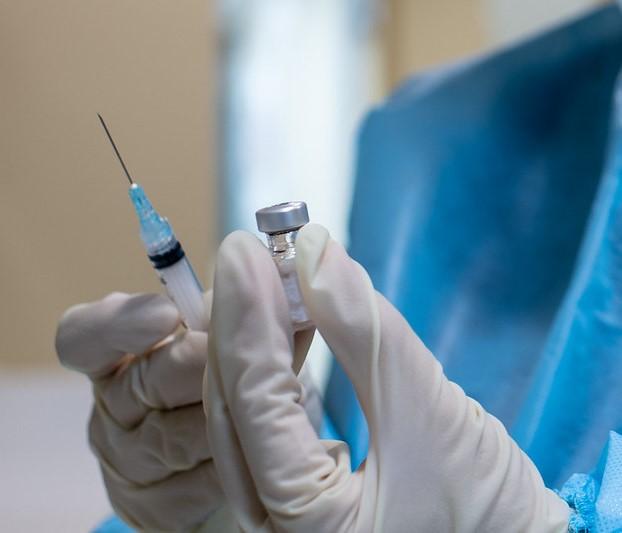
A study in Nature Microbiology suggests trace-level cytokines, a marker of cardiac inflammation, may play a key role in long-COVID cardiac symptoms, including chest pains and shortness of breath.
The findings were based on blood samples collected from 50 COVID-19 patients in Australia collected up to 18 months after infections. People reporting long-COVID symptoms had elevated levels of cytokines, which are proteins the body makes to fight inflammation.
Lab studies showed these trace-level cytokines had a direct effect on the functionality of cardiomyocytes, the cells of the heart responsible for its pump function.
“Lab studies showed these trace-level cytokines had a direct effect on the functionality of cardiomyocytes, the cells of the heart responsible for its pump function,” said study author Kirsty Short, PhD, of the University of Queensland in a press release from that university.
Analysis showed participants' cardiovascular-specific long COVID symptoms had a more pronounced upregulation of inflammation-related pathways/terms, including neutrophil degranulation, antimicrobial peptides, and response to bacterium pathways, the authors said.
"We’re now curious to know whether our findings could be applied to other symptoms of long COVID such as neurological disease or respiratory disease, as this study actively recruited sufferers with chest pain and/or heart palpitations," said Short, who added that these initial findings need validation in larger studies.













